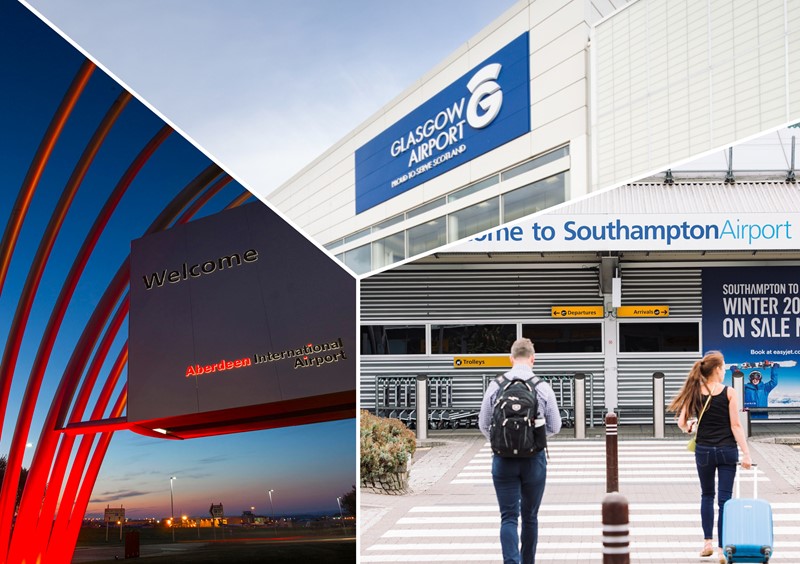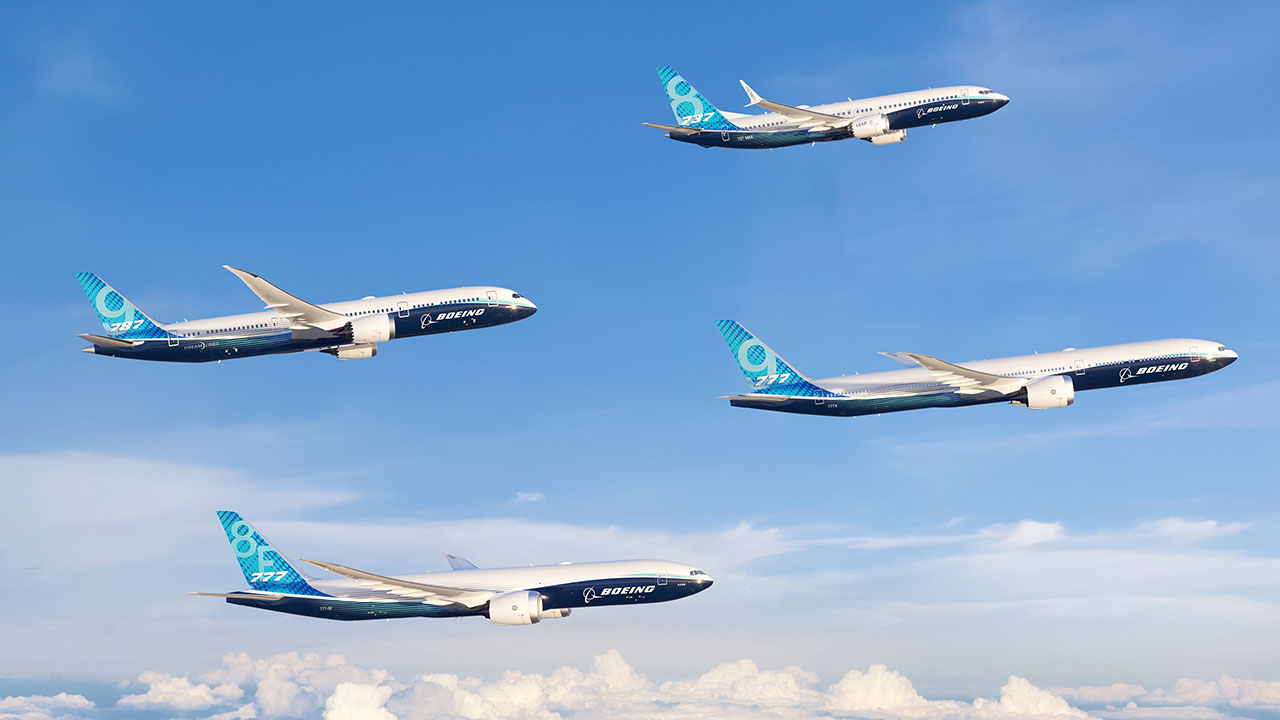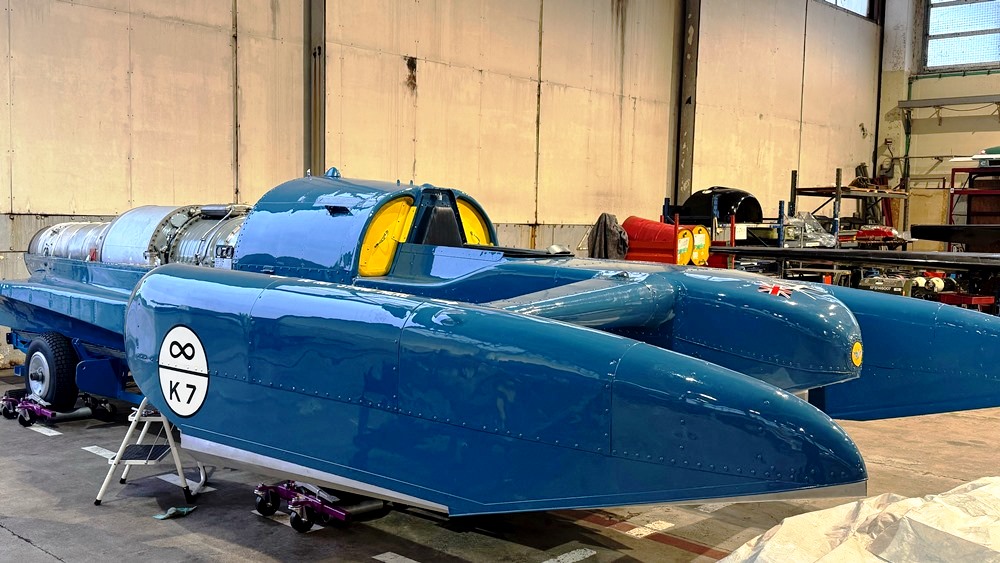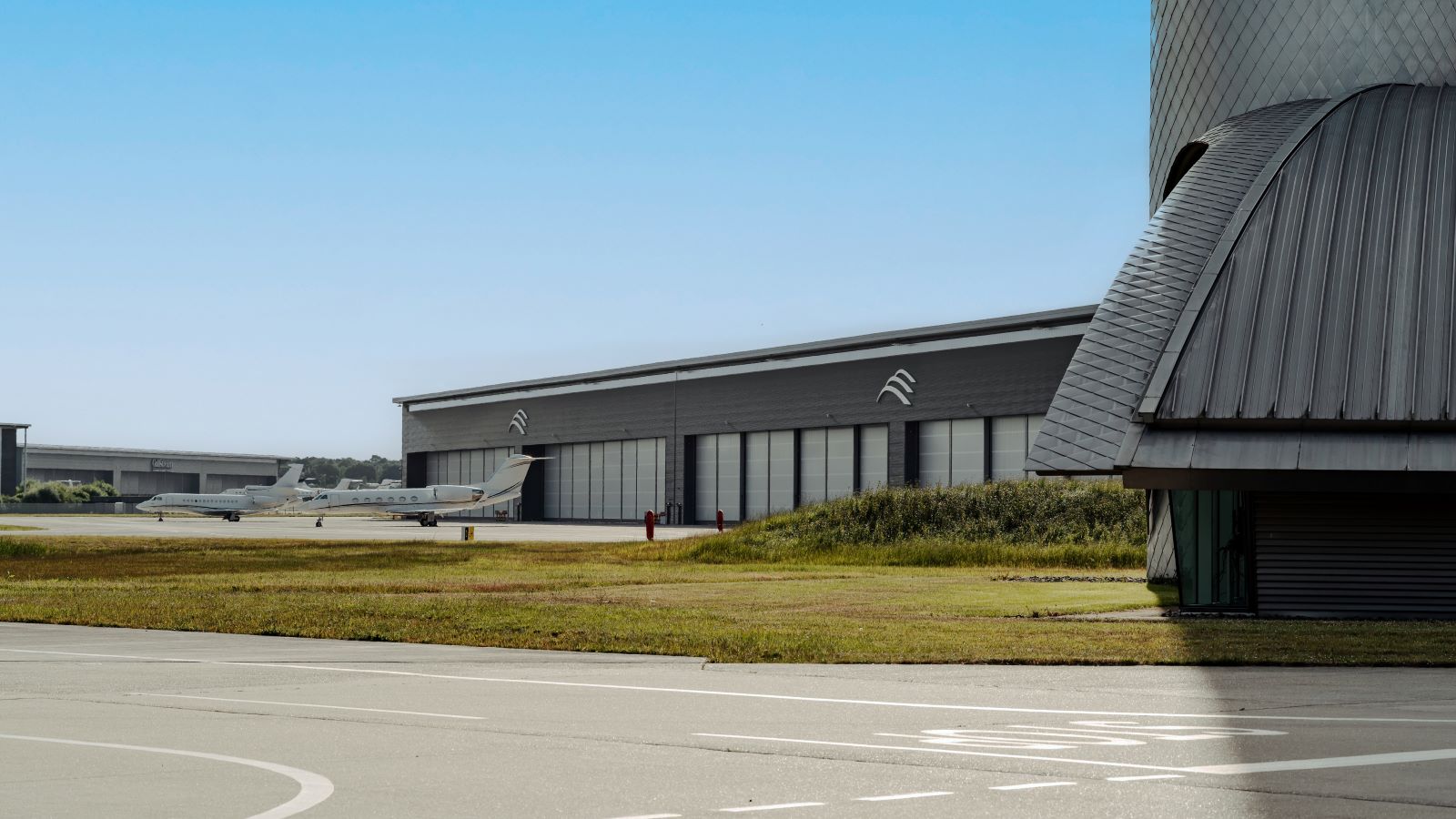Oliver Wyman forecasts aviation industry expansion
Above:
Click here to access the report.
Courtesy Oliver Wyman
By the beginning of 2030, the global fleet is expected to grow to over 39,000 aircraft, a compound annual growth rate of 3.4 percent annually. This despite looming challenges such as slower economic expansion, increased congestion in the air and at airports, trade-related issues, and pressure on the industry to more actively address climate change. The fleet growth will also fuel increased demand for maintenance, repair and overhaul (MRO) services.
In the short-term, the industry is also facing potential impacts from the rapidly spreading coronavirus as well as the grounding of the 737 MAX. While in last year’s report, it expected 1,400 737 MAX aircraft to be in service around the world by 2020, the 2019 grounding and subsequent production halt will reduce that number to somewhere between 150 and 700 depending on when the aircraft passes re-certification requirements, is cleared for service and pilots are trained on any new updates.
“Even with these challenges, along with some expected slowing in the growth rate of passenger demand as well as changes in the mix of traditional freight and ecommerce freight, the industry should still see solid fleet growth in both passenger and freighter aircraft over the next 10 years,” said Tom Cooper, Oliver Wyman vice present and lead author of the report.
Manufacturers will produce over 21,000 aircraft, at an annual average of 2,100, which is more than 30 percent above production for the previous decade, and demand for MRO is expected to expand by 3.7 percent compounded annual growth rate over the next 10 years.
“In terms of aircraft class, narrowbodies will see the most growth at well over 5 percent which is more than any other class,” Cooper added. “Additionally, the engine category will continue to be the primary driver of overall MRO market growth.”
Key findings include:
In-service fleet forecast:
• Globally, the fleet will grow at an average of 3.4 percent annually, with Asia driving most of the growth. China’s fleet is expected to double in size by 2030.
• The global fleet is relatively older than ever before. Currently, there are 2.5 times more aircraft over the age of 25 in use than in 2010. In the next decade, there will be an increase in retirements compared to the previous 10. The 737 MAX and A320neo will represent most of the new aircraft deliveries, despite the current issues facing the MAX.
MRO forecast:
• The global aging fleet will have a positive effect on MRO demand – pushing it to $130 billion in 2030 from $90 billion in 2020, an average annual growth of 3.7 percent. Engine MRO is the largest and fastest growing segment.
• MRO demand will continue to be concentrated in the top 10 types of aircraft (85%), but by 2030 the A320neo and 737MAX will represent two of the four largest platforms by MRO demand
• The impact of the 737 MAX grounding and corresponding production pause will have effects on MRO demand and will be first seen two to three years down the line when the first round of heavy maintenance is due.
Forecast scenarios:
• A significant number of factors are contributing to a riskier outlook for Europe, including; concerns about climate change, Brexit, and financial troubles of some airlines.
• The 737 MAX challenges have had a significant impact on the in-service fleet forecast. By the beginning of 2022, there will be between 30 and 45 percent fewer MAXs in operation than expected at the start of last year.
The 2020-2030 edition of Oliver Wyman's Global Fleet & MRO Market Forecast represents a 20-year commitment to the understanding and assessment of the commercial airline transport fleet and the associated maintenance, repair, and overhaul (MRO) market outlook. The forecast is a resource aimed at aviation executives, whether a manufacturer, operator, or aftermarket provider, as well as for those with financial interests in the sector through private equity firms and investment banks.
Oliver Wyman is a Management consulting firm Oliver Wyman is a Marsh & McLennan company, with offices in 60 cities across 29 countries, combining deep industry knowledge with specialised expertise in strategy, operations, risk management and organization transformation.












